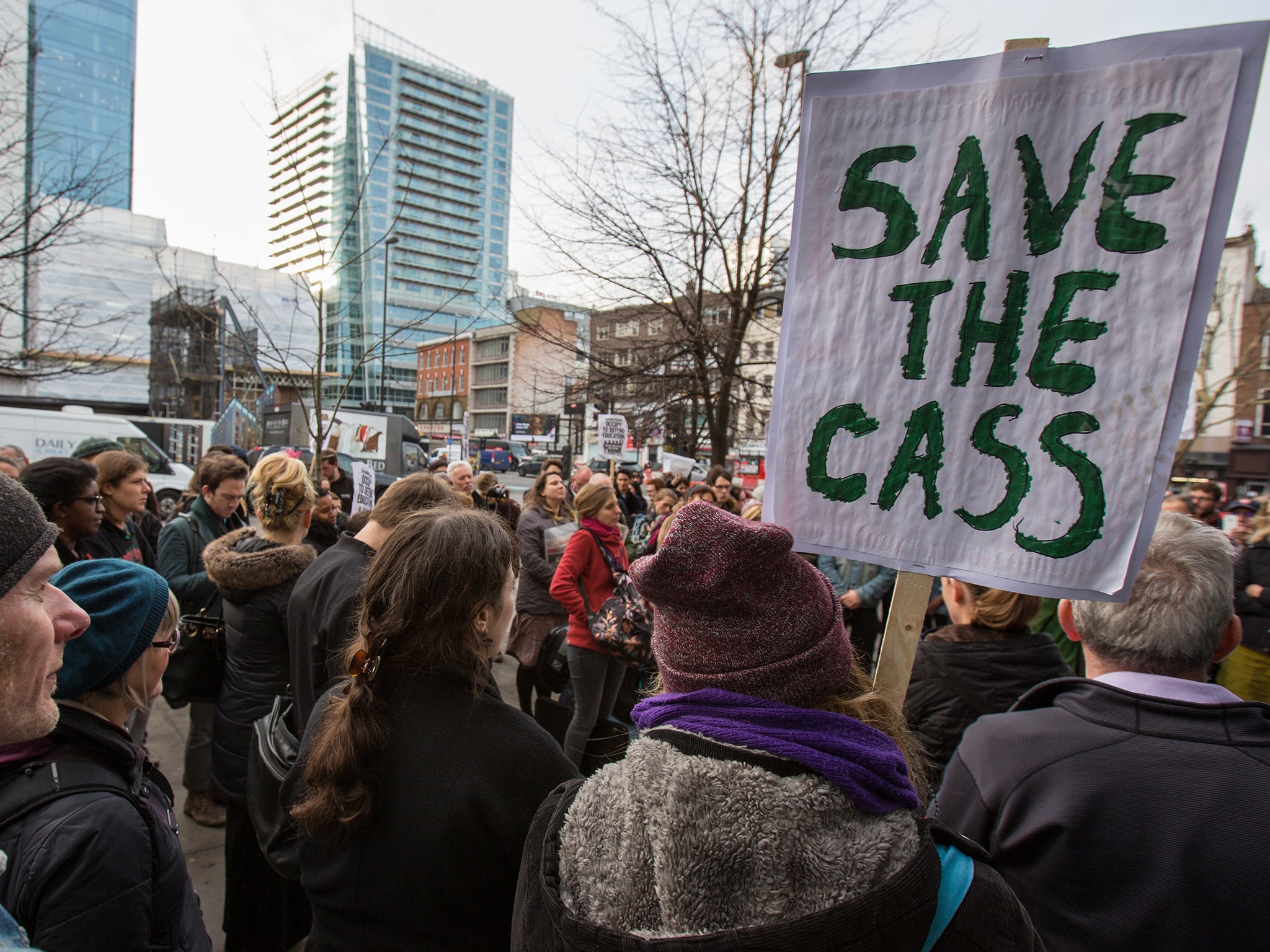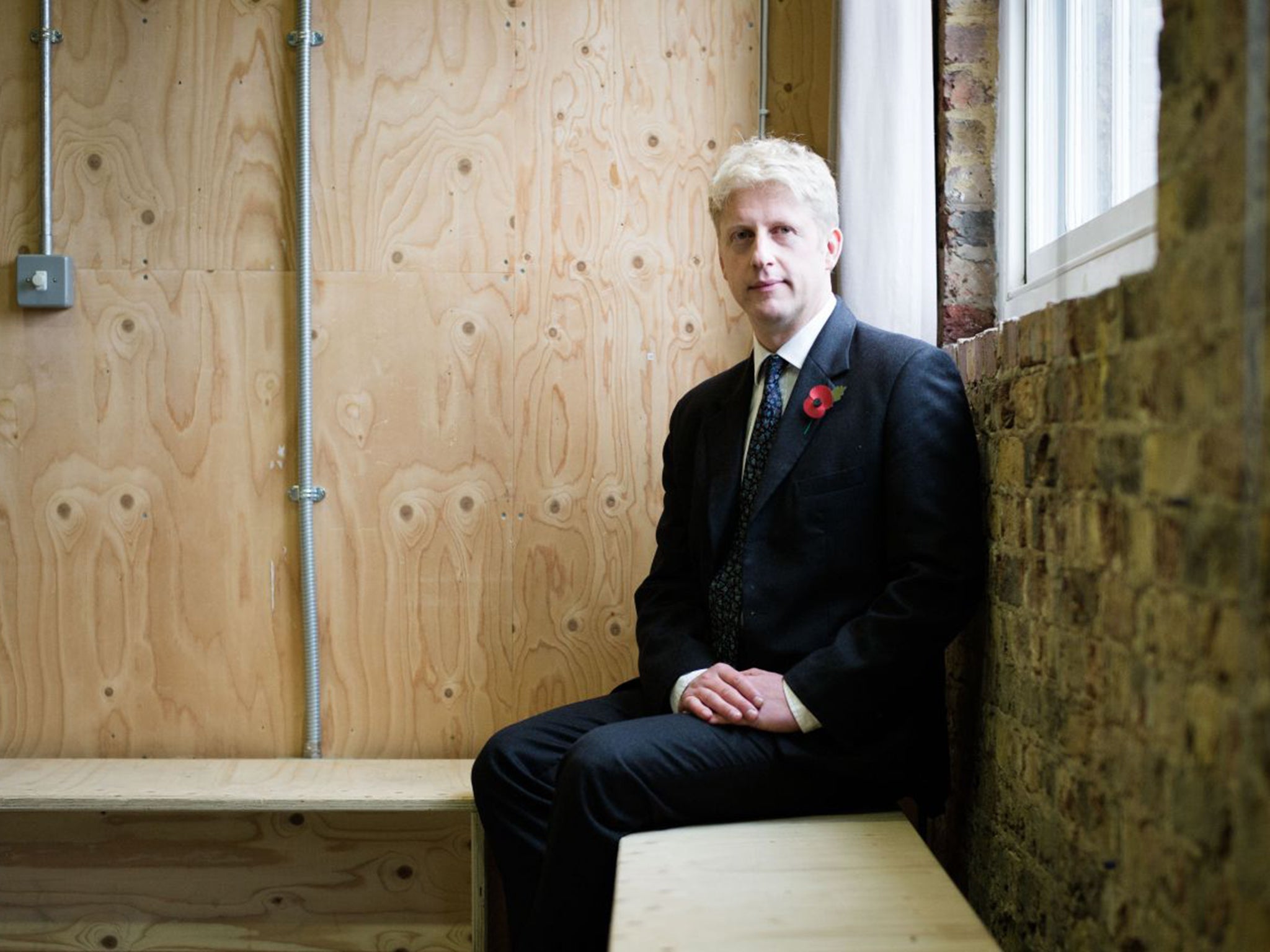Government trying to 'sneak' tuition fee increases into controversial reforms
Controversial Bill may not be debated by MPs, in attempt to avoid row over radical shake-up

The Government is plotting to “sneak through” controversial reforms to the higher education sector, which include increases to university tuition fees, to avoid politically damaging confrontations with furious opponents in and outside of Parliament.
It is understood that Oliver Letwin, who advises David Cameron on implementing policy, thinks reforms could be introduced as secondary legislation rather than as a fresh Act of Parliament.
Mr Letwin’s idea means radical changes to England’s higher education system could be passed with little parliamentary debate and no amendments, such as reducing or abolishing tuition fees, that could embarrass the government. Sources said this has angered Jo Johnson, the universities minister, who believes reforms must be subject to full parliamentary scrutiny. Using secondary legislation would be divisive given that the government wants to make drastic changes that would complete a process, begun under Tony Blair in 1998, of liberalising higher education.

The Government wants to allow privately funded higher education establishments to better compete with public institutions and give high-flying universities the right to raise fees. They think this would improve the quality of teaching, but secondary legislation is typically used only when governments update fairly uncontested aspects of existing legislation.
A Government source said Number 10 was “particularly nervous” about the plans, which were unveiled in a Green Paper last month, being debated in Parliament. The Government is still consulting on the Green Paper, but ministers fear a repeat of the mass demonstrations that followed the trebling of tuition fees to £9,000 a year in 2010.
The source added: “Oliver Letwin thinks there’s a way of doing this through secondary legislation. But Jo’s pretty adamant that’s not the case. If this goes on to the floor of the House then it affords the opposition the opportunity to make amendments that may be problematic.”
Hope Worsdale, a committee member of the National Campaign Against Fees and Cuts, said: “This clearly shows that the Government knows it is a very controversial Bill. They want to avoid a repeat of 2010, when they trebled tuition fees, with the mass demonstrations.
“It’s anti-democratic – this is the biggest attack on higher education in decades. The Green Paper spells out the full marketisation of universities and the end of public higher education.”
Iain Wright, the chairman of the Business, Innovation and Skills Committee, said: “No, no, no, no, no. It’s completely unacceptable to think this could be sneaked through. Radical change to our higher education sector should be scrutinised by both houses of parliament through primary legislation.”
Higher education reforms have proved toxic in the past, with Liberal Democrat support for the rise in tuition fees cited as the major reason for the collapse in its support. Last month, students across the country occupied university buildings partly in protest at the Green Paper.
Mr Johnson referred to the need for primary legislation several times in the Green Paper. His boss, the business secretary Sajid Javid, has yet to decide whom to back, but a source close to him said he would “go with whatever is required”. Mr Letwin declined to comment.
The Green Paper
Universities UK described last month’s Green Paper as “perhaps the biggest shift in the national framework for higher education in England for a generation”.
The paper introduces a Teaching Excellence Framework, which will be used to assess universities’ tuition. Top performing universities would be allowed to increase their fees by up to the rate of inflation from the 2017/18 academic year.
Private providers would be allowed to award their own degrees, and granted university status far more quickly. There is a target to increase the number of university students from black and minority ethnic backgrounds by 2020.
The Government would establish an Office for Students to ensure they get value for money. This would, in effect, merge several organisations to reduce the regulatory burden on the sector. The consultation closes next month.
Join our commenting forum
Join thought-provoking conversations, follow other Independent readers and see their replies
Comments
Bookmark popover
Removed from bookmarks